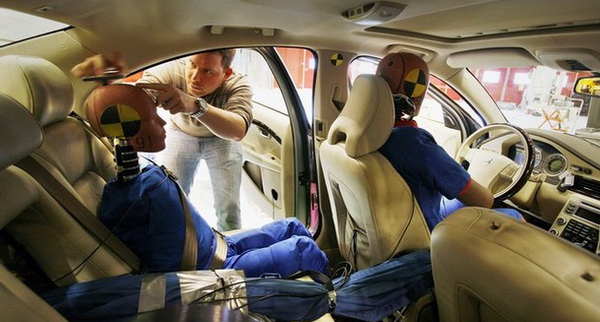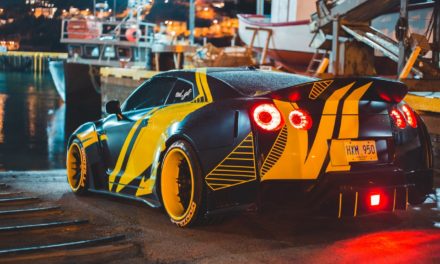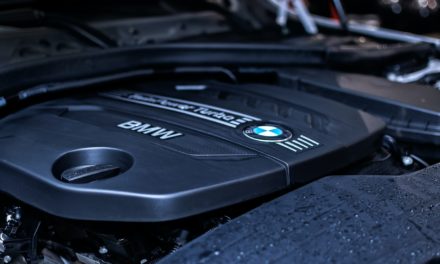
Volvo has been well renowned over the years for the safety of its vehicles and its development and research into its technologies. They were the innovators behind the three point seatbelt which they introduced in 1959, which is now standard across the vast majority of vehicles on the planet.
A more recent development from the Swedish car maker has been in the development of pedestrian airbags. The new Volvo V40 features seven sensors that when activated deploy airbags across the windshield to prevent a struck pedestrian from suffering head trauma.
Volvo are now taking it upon themselves to continue the innovation in areas such as autonomous driving support, intersection support and animal detection. Their aim is to eliminate deaths or serious injuries in Volvo cars by 2020.
Volvo’s autonomous driving support system will be able react in the event of an emergency and automatically adjust the car’s engine, brakes and steering. The system is designed to avoid collisions before they occur and to also help keep the car in the correct lane should the worst happen.
Intersection support will also use an array of vehicle sensors that are able to read the current road and traffic conditions. The system will apply the brakes if it deems that a collision at a junction or intersection is about to happen.
Volvo’s animal detection system is another technology Volvo will be looking to introduce into its fleet. In Sweden, accidents with animals typically occur at cruising speeds of 60mph, with impact speed being the determining factor in the damage and injuries sustained. The system will be able to detect animals from a distance of up to 30 metres away and apply the brakes automatically. Volvo hope that the system will be able to wipe off enough speed to help ensure that a collision does not incur any serious injuries.
With the current “compensation culture” in the UK, any technology that helps lifts the burden on insurers and motorists alike will be a welcome. Claims for Car accident compensation has resulted in premiums soaring the UK.





